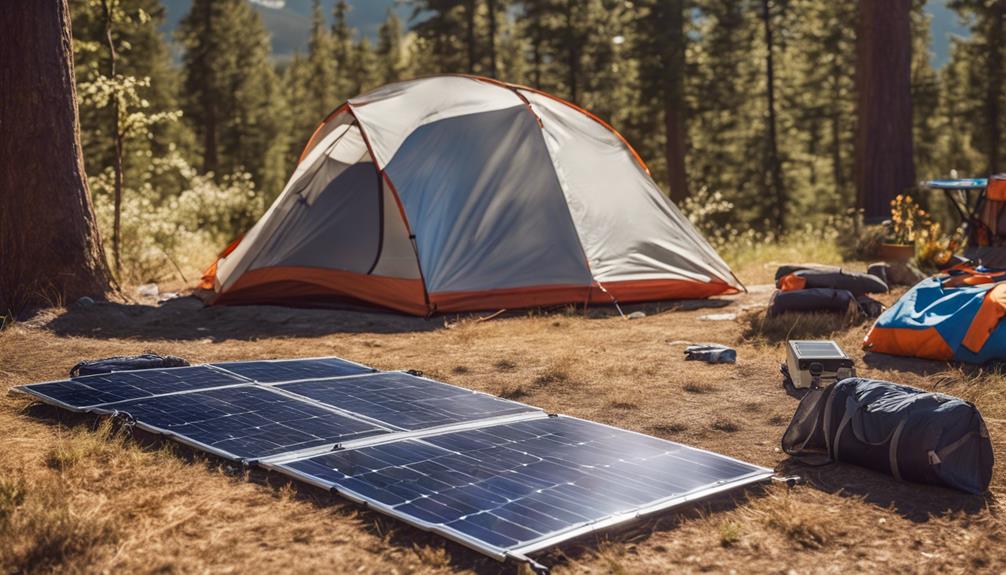
In recent years, the rise of solar energy has transformed the way we think about power consumption and sustainability. Among the innovations in this field, solar panels with battery storage stand out as a game-changer. This comprehensive guide will delve into the ins and outs of solar panel systems that incorporate battery technology, discussing their benefits, installation considerations, cost factors, and more.
What Are Solar Panels with Battery Storage?
Solar panels with battery storage are systems that not only harness energy from the sun but also store that energy for later use. The solar panels convert sunlight into electricity, which can either be used immediately to power your home or sent to a battery system for storage. This dual functionality provides homeowners with a reliable energy source, especially during times when the sun isn’t shining. By utilizing a solar panel with battery, you can maximize your energy independence, reduce reliance on the grid, and even save on electricity costs in the long run.
The Advantages of Using Solar Panels with Battery Systems
There are numerous benefits to installing solar panels with battery storage. First and foremost, these systems enhance energy resilience. By storing energy, you can ensure that you have power during outages or at night when solar generation is not possible. Additionally, battery storage allows for better energy management. Homeowners can use stored energy during peak hours when electricity rates are highest, significantly reducing their utility bills. Furthermore, solar panels with battery systems contribute to environmental sustainability by lowering carbon emissions and promoting the use of renewable energy sources.
Types of Batteries Used in Solar Panel Systems
When considering a solar panel with battery storage, it’s crucial to understand the different types of batteries available. The most commonly used batteries in solar applications are lithium-ion and lead-acid batteries. Lithium-ion batteries are favored for their high efficiency, longer lifespan, and lower maintenance requirements. They are also more compact and lightweight compared to lead-acid batteries, making them easier to install. On the other hand, lead-acid batteries are less expensive and have a well-established history, though they generally require more maintenance and have a shorter lifespan. Understanding the differences between these batteries can help you make an informed decision that suits your energy needs.
Installation Considerations for Solar Panels with Battery Storage
Installing a solar panel with battery storage system requires careful planning and consideration. First, assess your energy needs to determine the size of the solar system and battery capacity required. It’s essential to work with a qualified installer who can evaluate your home’s solar exposure and recommend the best equipment for your situation. Additionally, consider local regulations and incentives for solar energy systems. Many regions offer tax credits or rebates for solar installations, which can significantly offset the cost. Proper installation and adherence to local codes are vital for the system’s efficiency and longevity.
Cost Factors of Solar Panels with Battery Storage
The cost of solar panels with battery storage can vary widely based on several factors, including system size, battery type, installation complexities, and local market conditions. On average, homeowners might expect to pay between $15,000 to $30,000 for a complete solar energy system with battery storage. While this upfront investment may seem significant, it’s important to consider the long-term savings on electricity bills and the potential increase in property value. Many homeowners find that the return on investment (ROI) makes solar panels with battery storage a financially sound choice, especially with the decreasing prices of solar technology over the years.
How Solar Panels with Battery Storage Impact Energy Independence
One of the most compelling reasons to consider a solar panel with battery storage is the potential for energy independence. By generating and storing your electricity, you can significantly reduce your reliance on the grid. This independence not only empowers homeowners to take control of their energy consumption but also provides protection against fluctuating energy prices and potential future rate increases. Furthermore, during natural disasters or power outages, having a solar battery backup can ensure that essential appliances and systems remain operational, offering peace of mind and security.
Environmental Impact of Solar Panels with Battery Storage
The environmental benefits of solar panels with battery storage are significant. By using renewable energy, homeowners can reduce their carbon footprint and contribute to a decrease in greenhouse gas emissions. This shift toward sustainable energy sources plays a crucial role in combating climate change and promoting a cleaner environment. Additionally, the efficiency of battery storage systems means that less energy is wasted. By maximizing the use of solar power, we can reduce our dependence on fossil fuels and help foster a more sustainable future for generations to come.
Conclusion: Embracing the Future with Solar Panels and Battery Storage
In conclusion, solar panels with battery storage represent a forward-thinking solution to modern energy challenges. They provide numerous benefits, including energy independence, cost savings, and environmental sustainability. As technology continues to improve and costs decrease, more homeowners are likely to embrace this innovative approach to energy consumption. If you’re considering making the switch to solar energy, a solar panel with battery storage system could be the ideal choice to enhance your home’s energy efficiency and sustainability. Take the first step towards a greener future by exploring your options today!
By understanding the dynamics of solar panels with battery storage, you can make an informed decision that aligns with your energy needs and environmental goals, ultimately contributing to a cleaner, more sustainable world.





